Fasting: A fast way to good health?
Raimund Wilhelmi, the grandson of Dr Otto Buchinger, explains how his grandfather's fasting techniques can offer surprising health benefits
A free daily email with the biggest news stories of the day – and the best features from TheWeek.com
You are now subscribed
Your newsletter sign-up was successful
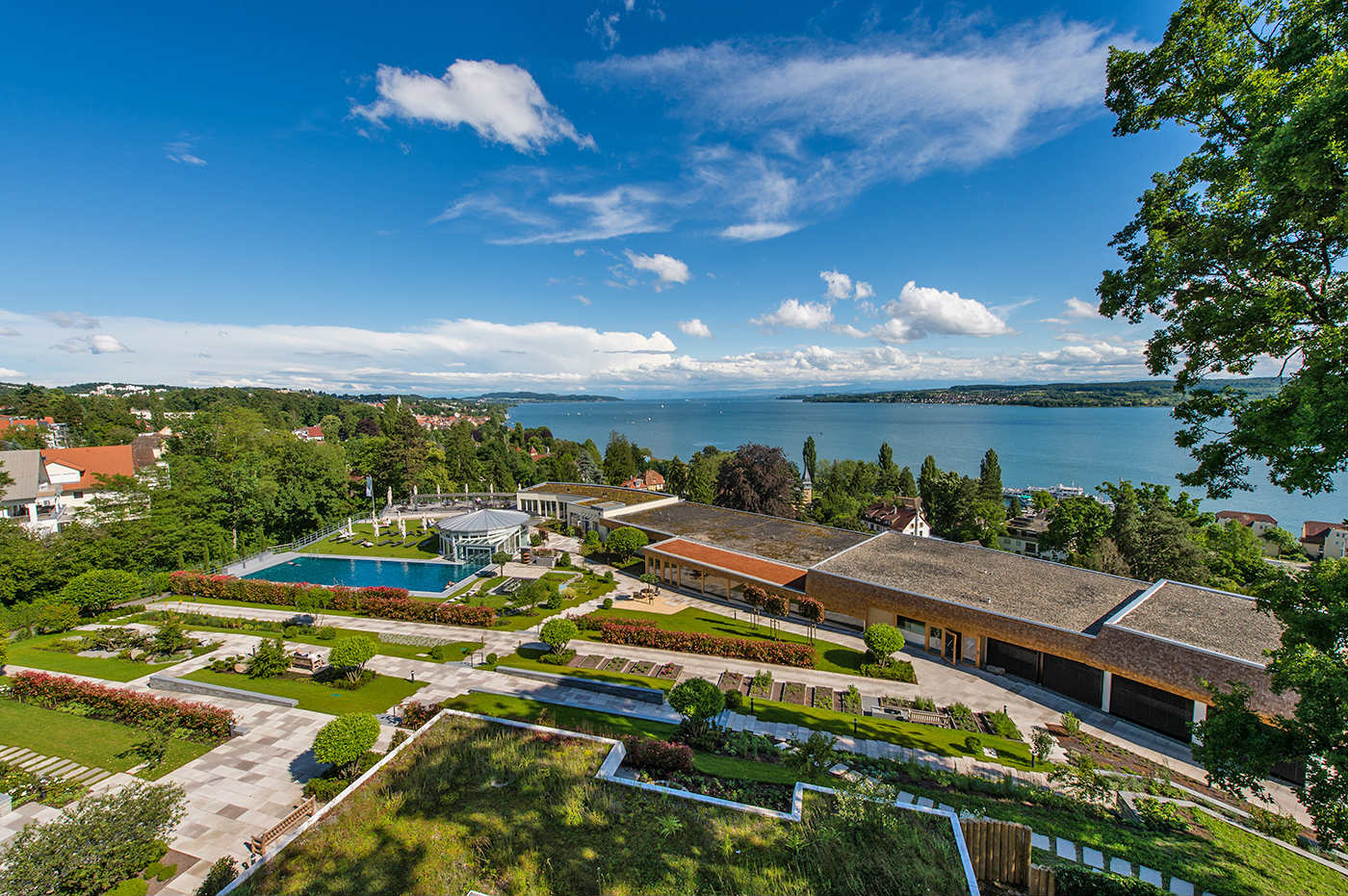

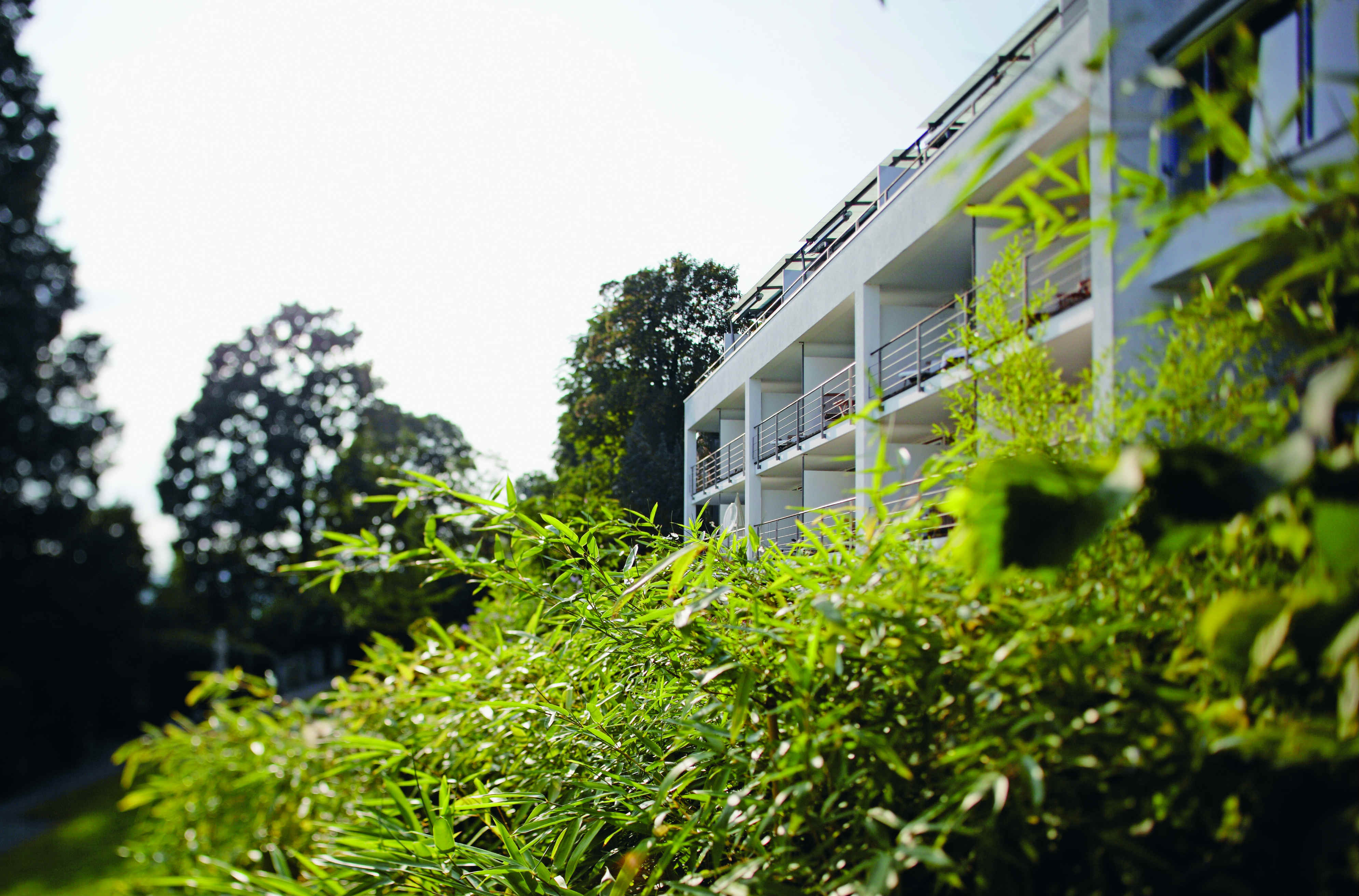

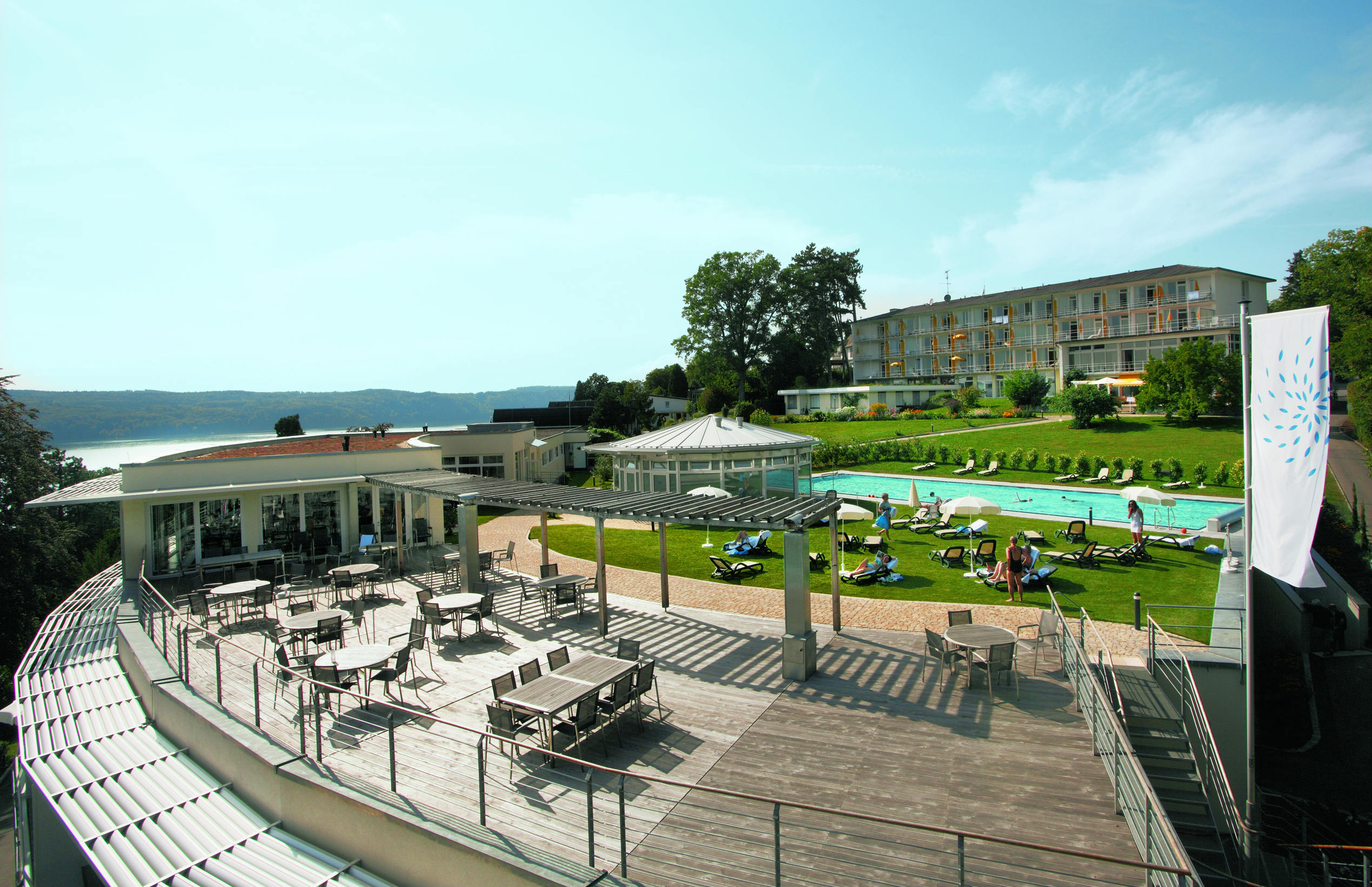
While it may seem counter-intuitive, fasting can actually strengthen the immune system and help with a wide range of illnesses.
In a nutshell, the benefits of fasting are based on the ability of the human body to temporarily live off its fat reserves and cleanse itself in the process.
Here at the Buchinger clinic, we have found that our method can help with everything from curing illnesses, strengthening the body’s own self-regenerating mechanisms, boosting energy and promoting a change towards a more healthy lifestyle.
The Week
Escape your echo chamber. Get the facts behind the news, plus analysis from multiple perspectives.

Sign up for The Week's Free Newsletters
From our morning news briefing to a weekly Good News Newsletter, get the best of The Week delivered directly to your inbox.
From our morning news briefing to a weekly Good News Newsletter, get the best of The Week delivered directly to your inbox.
The technique we use – the Buchinger therapeutic fasting – is a modified form of fasting developed and refined through years of research and aligned to each patient’s individual needs. It is not pure water fasting with zero calorie intake, but a gentle method in which the body is supplied with around 250 calories per day in the form of freshly squeezed fruit juices and clear vegetable consommes.

If required, this can be supplemented with protein through milk products, or micronutrients such as minerals, vitamins and trace elements as well as plenty of liquid in the shape of water or flavoured herbal teas.
This is followed by a “re-feeding” phase in which the body is carefully reintroduced to a full and preferably whole-food nutritional programme.
Our method aims to achieve a balance between rest and exercise, relaxation and exertion, contemplation and inspiration. As a result, so-called auxiliary techniques such as gymnastics, hiking and massages play an equally important role in the treatment.
A free daily email with the biggest news stories of the day – and the best features from TheWeek.com

The clinic itself goes back to 1920, when my grandfather, Dr Otto Buchinger, founded his first sanatorium in Witzenhausen to treat his patients. During his lifetime, two further clinics were established: Klinik Dr Otto Buchinger was opened in Bad Pyrmont in 1935 and in 1953, together with his daughter, Maria, and her husband, Helmut Wilhelmi, he founded the clinic in Uberlingen on Lake Constance.
Finally, in 1973 Helmut and Maria Wilhelmi founded a third clinic in Marbella, southern Spain.
Nowadays, Buchinger Wilhelmi is still a family-owned business. Our clinics on Lake Constance and in Marbella are devoted to holistic health care and personal development and members of the third generation – including my wife and me – continue my grandfather's work.

In a fast-paced world, quality time is one of the things people prioritise least. While staying at our clinics and fasting, people have a lot of extra time. This can be spent on reading, writing, listening to music, experiencing nature and meditating – activities they usually don't have time for.
We try to design our clinics with a certain aesthetic – we call it “fasting architecture”: clear, pure forms, natural materials, bright colours and a lot of light, but no abundance, no decorative overkill, no bling.
The beautiful natural surroundings enhance this inner experience and make it easier to relax and forget worries back home, which all contributes to greater wellbeing after the fast is done and people return home.
A seven-night Time Out stay at Buchinger Wilhelmi on Lake Constance starts from €2,030 (approx. £1,714) per person. Return flights to Zurich from £70 (from London Gatwick) with easyJet. Buchinger Wilhelmi can provide transfers to and from the airport. www.buchinger-wilhelmi.com/
For more on travel and the latest luxury news follow @the_week_portfolio on Instagram
-
 The ‘ravenous’ demand for Cornish minerals
The ‘ravenous’ demand for Cornish mineralsUnder the Radar Growing need for critical minerals to power tech has intensified ‘appetite’ for lithium, which could be a ‘huge boon’ for local economy
-
 Why are election experts taking Trump’s midterm threats seriously?
Why are election experts taking Trump’s midterm threats seriously?IN THE SPOTLIGHT As the president muses about polling place deployments and a centralized electoral system aimed at one-party control, lawmakers are taking this administration at its word
-
 ‘Restaurateurs have become millionaires’
‘Restaurateurs have become millionaires’Instant Opinion Opinion, comment and editorials of the day
-
 How weight-loss jabs are changing the way we eat
How weight-loss jabs are changing the way we eatIn The Spotlight Anti-obesity drugs have been a boon for Babybel but are supermarkets ready for a slimmed-down Christmas?
-
 Ozempic and its brethren are running headlong into American dining and dieting culture
Ozempic and its brethren are running headlong into American dining and dieting cultureIn the Spotlight Some restaurants are feeling the burn. So are beauty expectations.
-
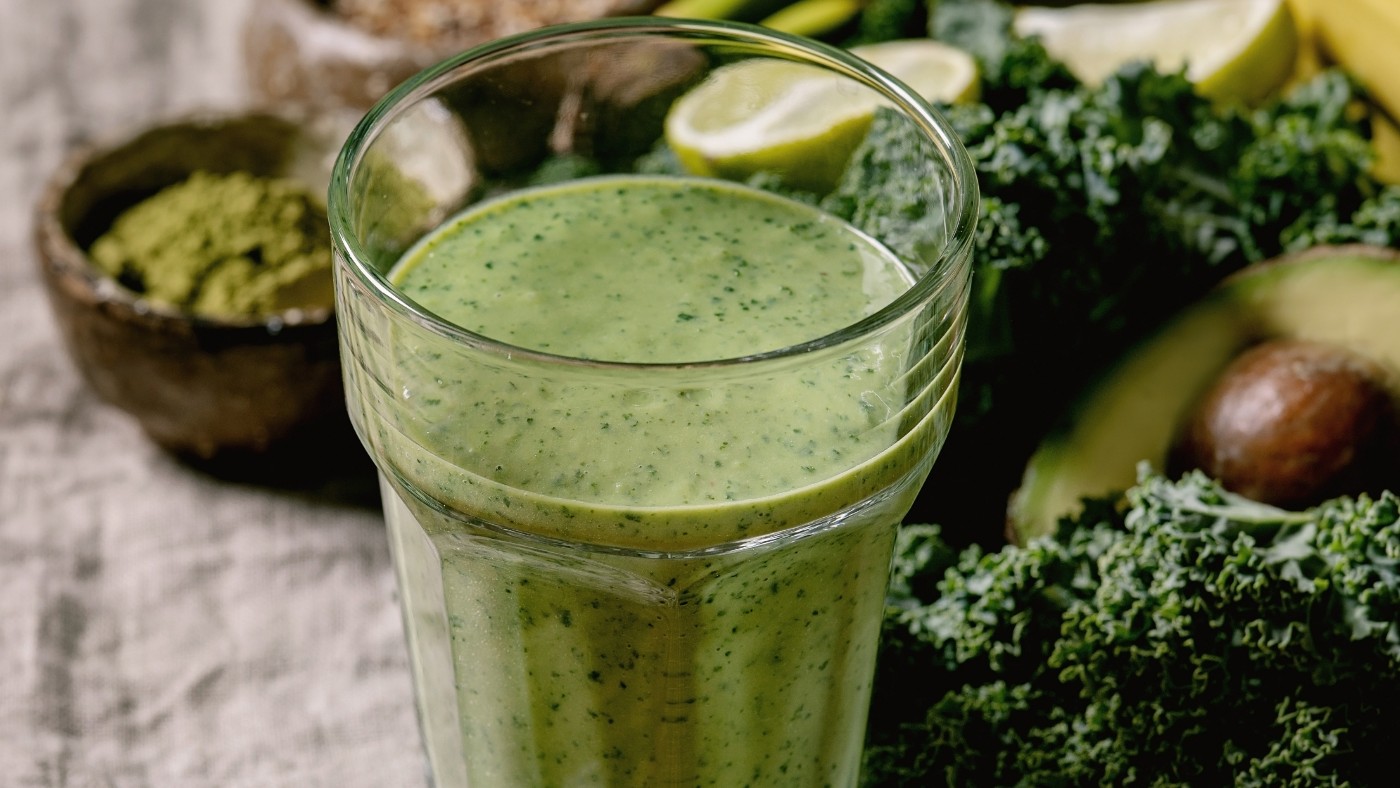 Juice cleanses: what are the benefits and are they dangerous?
Juice cleanses: what are the benefits and are they dangerous?feature Many are looking to start 2023 with the mantra of ‘out with the old and in with the OJ’
-
 Sport on TV guide: Christmas 2022 and New Year listings
Sport on TV guide: Christmas 2022 and New Year listingsSpeed Read Enjoy a feast of sporting action with football, darts, rugby union, racing, NFL and NBA
-
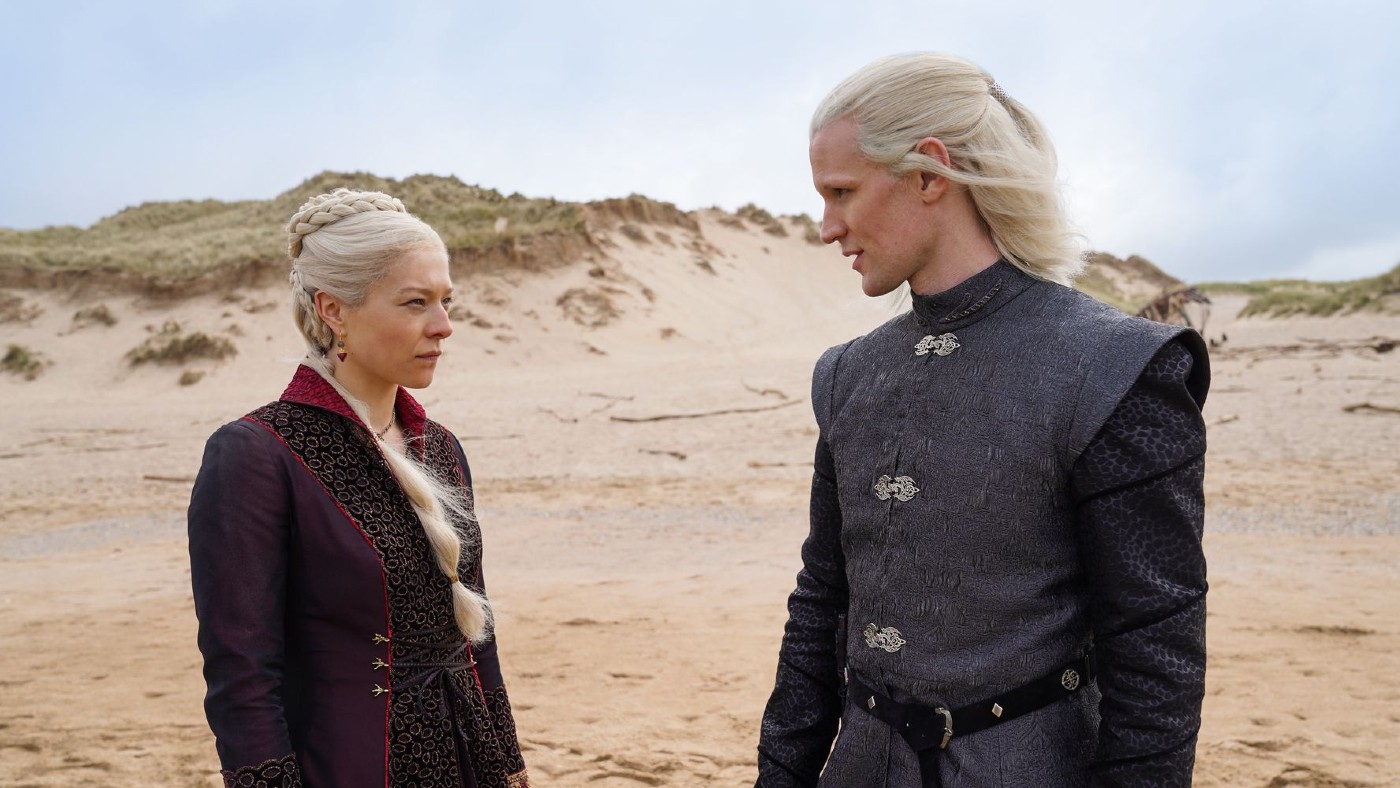 House of the Dragon: what to expect from the Game of Thrones prequel
House of the Dragon: what to expect from the Game of Thrones prequelSpeed Read Ten-part series, set 200 years before GoT, will show the incestuous decline of Targaryen
-
 One in 20 young Americans identify as trans or non-binary
One in 20 young Americans identify as trans or non-binarySpeed Read New research suggests that 44% of US adults know someone who is transgender
-
 The Turner Prize 2022: a ‘vintage’ shortlist?
The Turner Prize 2022: a ‘vintage’ shortlist?Speed Read All four artists look towards ‘growth, revival and reinvention’ in their work
-
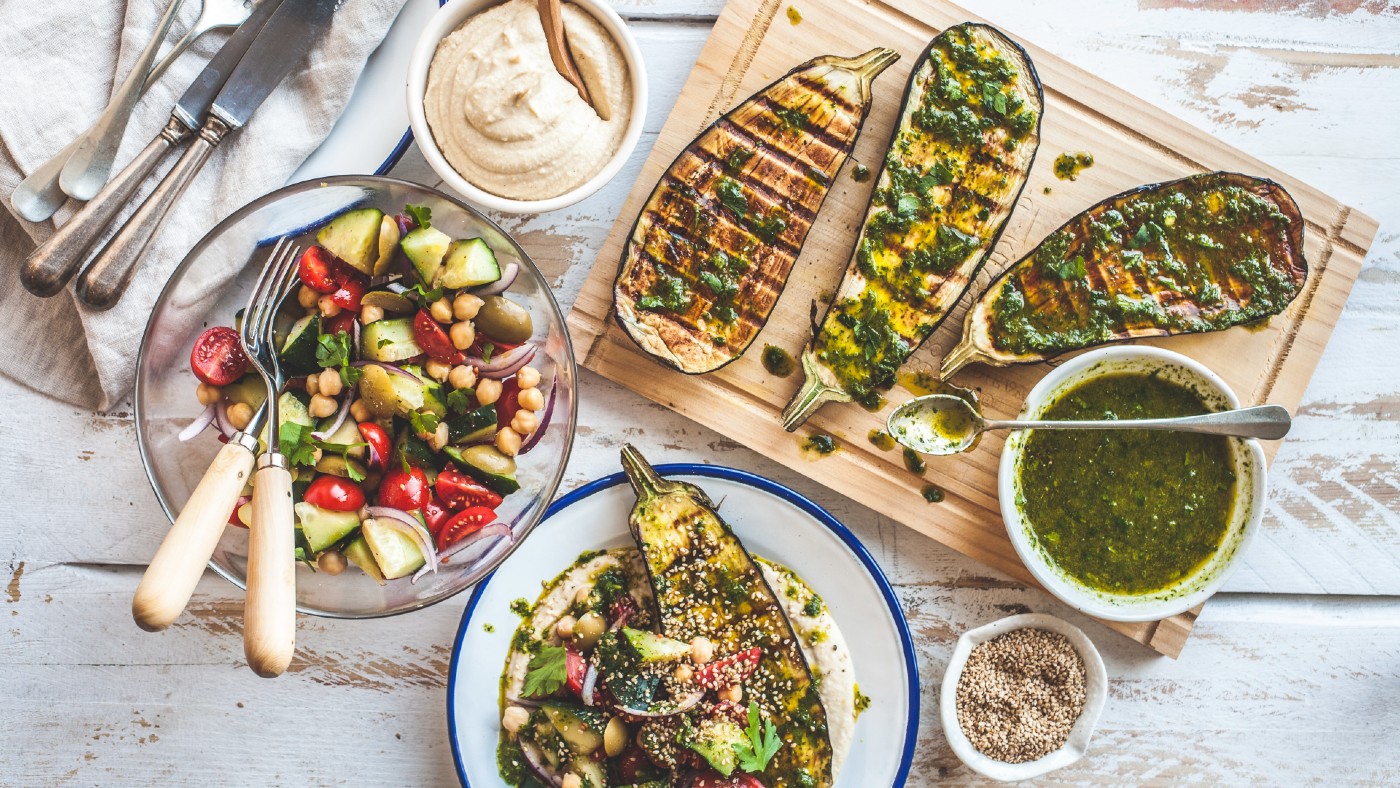 Pros and cons of a vegetarian diet
Pros and cons of a vegetarian dietPros and Cons Studies show 41% of British families are currently following a meat-free or ‘flexitarian’ diet